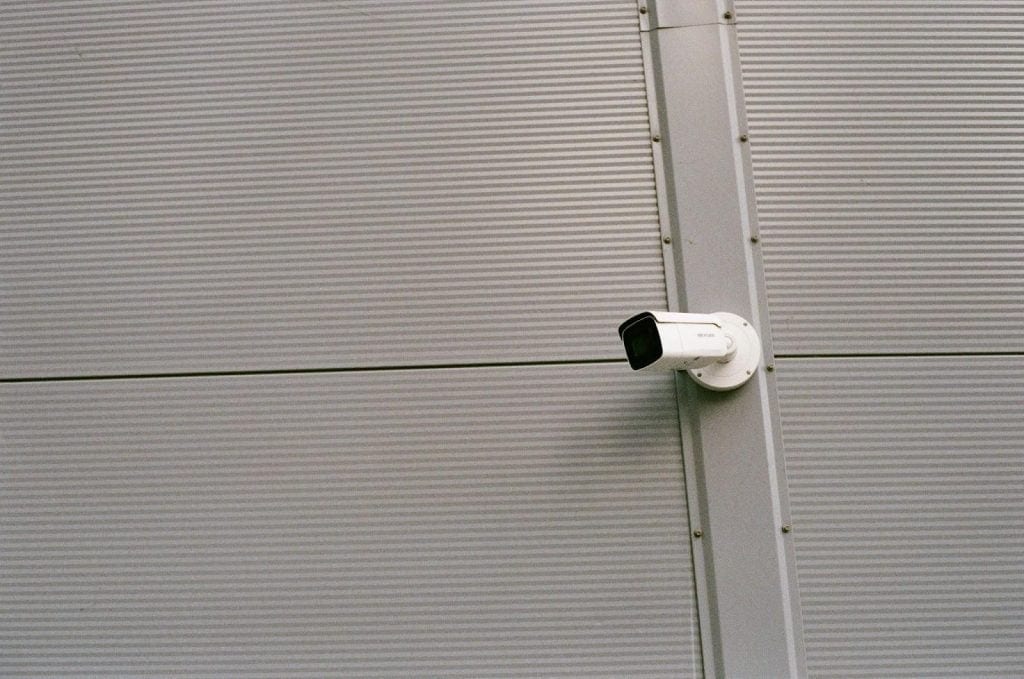Cloud-based security offers a heightened level of protection for businesses, causing many to transfer their security systems to cloud-based platforms. However, it is not as simple as switching platforms and continuing as usual. Since cloud security is an entirely different security platform, it sparks new security risks that users must be prepared to combat.
Table of Contents
ToggleIf you are a small business owner considering transitioning from physical to cloud-based technology, you need to consider whether it suits your company. Your security team will need to undergo changes to adjust to this new system and ensure compliance. But you will also need to ensure that the system is the right choice for your company’s needs.
Our top five considerations will help you to evaluate if cloud-based security is right for you and how to know which approach will best support your business needs.
Do Your Security Compliances Meet The Standard?
Cloud-based security holds different standards from physical security technology, so companies must adjust their security compliances to meet these guidelines. To comply, you must monitor and assess all relevant systems and networks according to regulatory, industry, and local standards.
Unfortunately, maintaining compliance for cloud-based platforms is harder because system risks regularly change, which causes regulations to change as a reaction. Security teams must adapt quickly to these new standards. Otherwise, they are vulnerable to network attacks and fines from regulation committees.
Constant monitoring coupled with automated systems is a great way to stay current on the regulations for cloud-based platforms. Your automated tools will address issues where necessary to maintain compliance, and through regular monitoring, your security team will also pick up missed non-compliance and respond appropriately.
Can You Integrate Your Access Control and Video Security ?
Integrating your access control and video security holds numerous benefits for your business’ protection as all the relevant information to your physical security will exist on one platform. Video security records the building, its doors, and perimeter, while access systems protect the doors through identity verification systems.
An integrated system would streamline the reactionary process while providing enriched data as the intruder’s false identification details and footage would be captured on one system. Altogether, an integrated system allows for an enhanced level of security around the building, and it is essential to ensure that your cloud-based platform can accommodate this.
Can You Enforce Rule And Role-Based Access Controls?
Rule and role-based access control grants access to areas and resources based on either their role or the rules designated by the company. It is an effective security method that will tighten security and reduce the risk of in-house breaches as access will be controlled.
Rule-Based
A system administrator will decide on a set of rules regarding access so employees can request access, but the authorization will depend on this existing set of rules. The operating system will compare the request to the rules and perform accordingly.
For example, the administrator could create a rule that only onsite employees can grant guests access which a video intercom system would enforce by obtaining the guest’s identity via video footage and also allow the employee to verify the guest’s identity before granting them entry. Together, strict security would be maintained to protect the network from intruders.
Role-Based
Role-based access provides entry to employees based on their roles within the company. To initiate this security protocol, you will have to assign a task to each employee, consider their tasks and the required resources to complete said tasks, and then place controls to give them access to what they need. Employees will only access what they need for their job, protecting sensitive data.
Can The Platform Scale And Adapt?
Cloud-based systems need to be able to adjust and adapt to the current and future needs of the company if they are to be useful. Some platforms offer customizable security systems that can be altered to suit your needs as you require. These systems include automated tools that respond to breaches automatically.
To ensure that a cloud-based platform can scale and adapt to your requirements, you should evaluate its security tools and consider how you could expand or alter them if necessary for growth. By understanding the tools at your disposal, you will know whether this platform will help or hinder your growth, impacting your choice.
Has Your Security Team Done The Relevant Training?
Cloud-based security systems are becoming popular for businesses as they provide extensive security measures to ensure heightened protection. As a result, security teams require a greater understanding to manage and maintain a secure network to standards.
Therefore, you will need to ensure that your security team has completed all possible training about cloud-based platforms to effectively manage these systems. Without training, the security cannot care for the system, leading to vulnerabilities and potential breaches.





